PLAN YOUR VEGGIE GARDEN NOW!
- info952189
- Jun 13, 2024
- 3 min read
Groceries are getting expensive, too expensive. You can save on food costs, while maintaining great nutrition and having fresh and delicious food for your family. You can do this by growing it yourself. The task may seem daunting, but you CAN do it with the right “know how” and preparation.
I don't have to tell you that right now it's cold. So, gardening may be the last thing on your mind, but to have a successful garden come spring its a good idea to start planning ahead and stocking up on everything you need. The great thing about being in the sunshine state is that we do have plants that flourish in the colder months so as you prepare for a great crop in spring you can plant some of your cold tolerant veggies. These include your leafy greens and root vegetables
We have everything you need at Tara Rural Supplies to increase your self-sufficiency and increase variety and nutrition in your diet. Here is a bit of a guide to help you get started.
While winter is the down time for gardening, it’s time to start thinking and planning for your productive veggie garden.
Preparing your vegetable garden in Queensland, Australia, requires careful planning and attention to the region's unique climate and soil conditions. Here's a step-by-step guide to help you get started:

1. Select the Right Location: Choose a sunny spot for your vegetable garden that receives at least 6-8 hours of sunlight per day. Ensure the area has good drainage to prevent waterlogging, as Queensland's heavy rains can lead to waterlogged soil.
2. Clear the Area: Remove any weeds, debris, or existing vegetation from the chosen garden site. This will give your vegetables the best chance to thrive without competition for nutrients and sunlight.
3. Improve Soil Quality: Queensland's soils can vary greatly, but many areas have sandy or clayey soil types. Incorporate organic matter such as compost, aged manure, or soil conditioner to improve soil structure, fertility, and water retention. Mix the amendments thoroughly into the soil to ensure even distribution.
4. Test Soil pH: Test the pH of your soil using a soil testing kit. Most vegetables prefer a slightly acidic soil pH between 6.0 and 7.0. Adjust the pH as needed using lime to raise pH or sulfur to lower pH.
5. Plan Your Layout: Sketch out a garden layout, taking into account the mature size of each vegetable plant and their spacing requirements. Group plants with similar water and sunlight needs together for easier maintenance.
6. Choose Suitable Vegetables: Select vegetables that are well-suited to Queensland's climate and growing conditions. Cool-season crops such as lettuce, spinach, broccoli, and peas can be planted in autumn and winter, while warm-season crops like tomatoes, peppers, cucumbers, and beans thrive in spring and summer.
7. Plant and Mulch: Plant your chosen vegetables according to their recommended planting dates and spacing guidelines. Apply a layer of organic mulch, such as straw or sugar cane mulch, around the base of plants to conserve moisture, suppress weeds, and regulate soil temperature.
8. Provide Water and Nutrients: Water your vegetable garden deeply and regularly, especially during dry periods. Use a drip irrigation system or soaker hoses to deliver water directly to the roots and minimize water wastage. Fertilize your vegetables with a balanced fertilizer or organic compost tea to provide essential nutrients for healthy growth.
9. Monitor and Maintain: Keep an eye on your vegetable garden for signs of pests, diseases, or nutrient deficiencies. Practice regular maintenance tasks such as weeding, pruning, and trellising to keep your plants healthy and productive.

10. Harvest and Enjoy: As your vegetables mature, harvest them regularly to encourage continuous production. Enjoy the fresh flavors of homegrown produce straight from your Queensland vegetable garden!
By following these steps, you can prepare and maintain a thriving vegetable garden in Queensland, Australia, providing you with a bountiful harvest of delicious and nutritious produce throughout the year.
Give us a call at (07) 4665 3366 or email info@tararuralsupplies.com.au


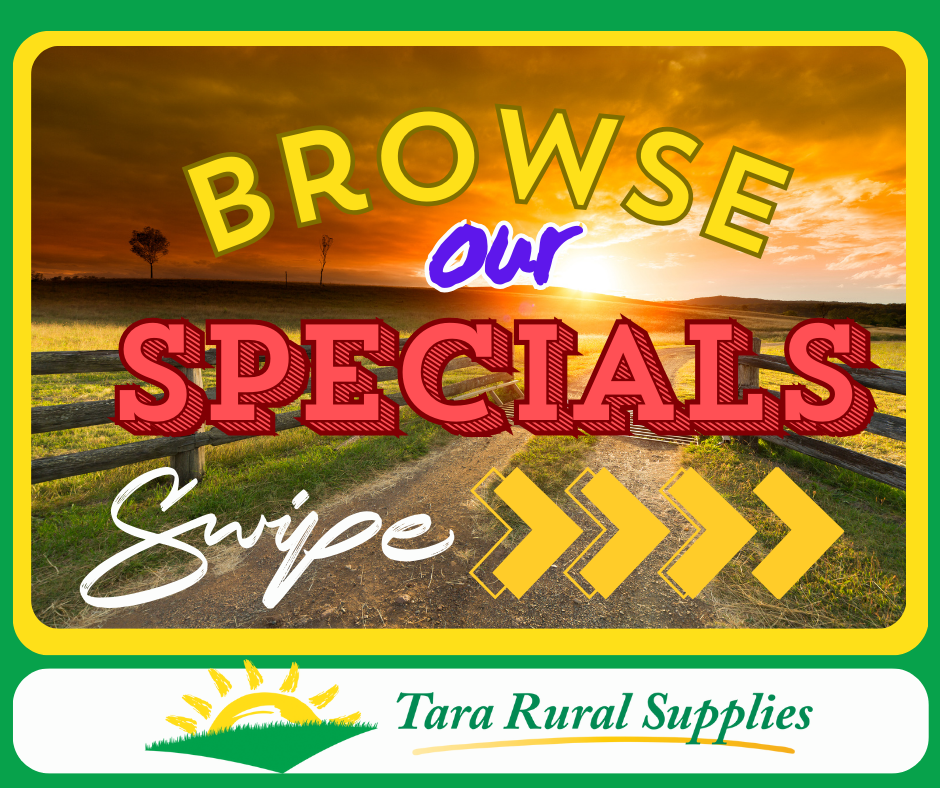



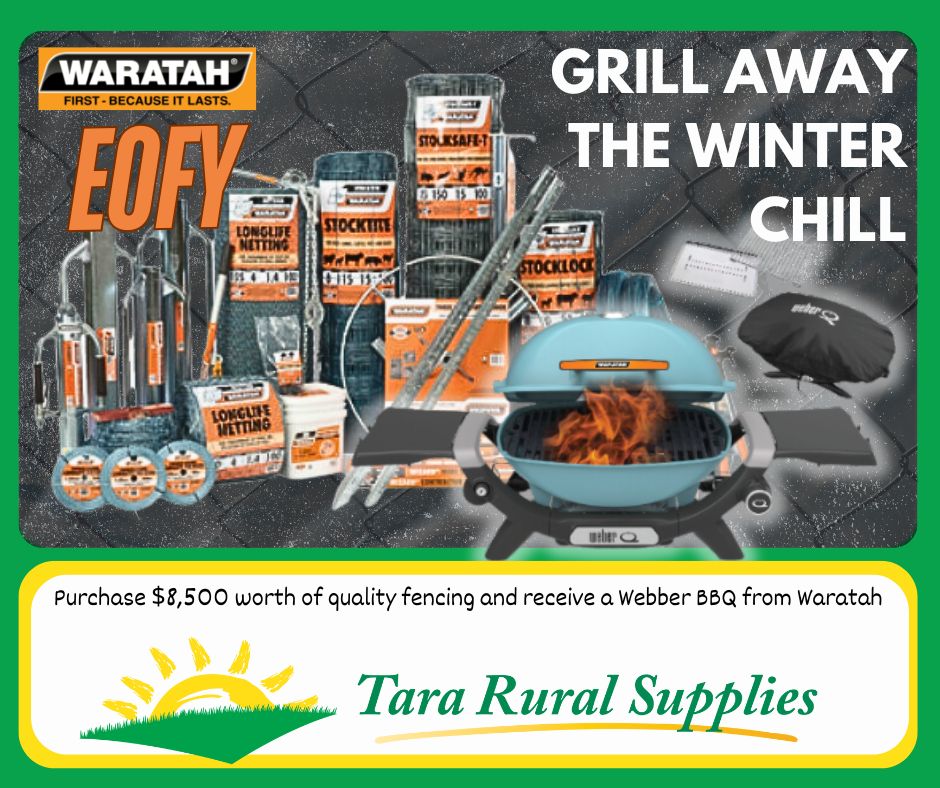



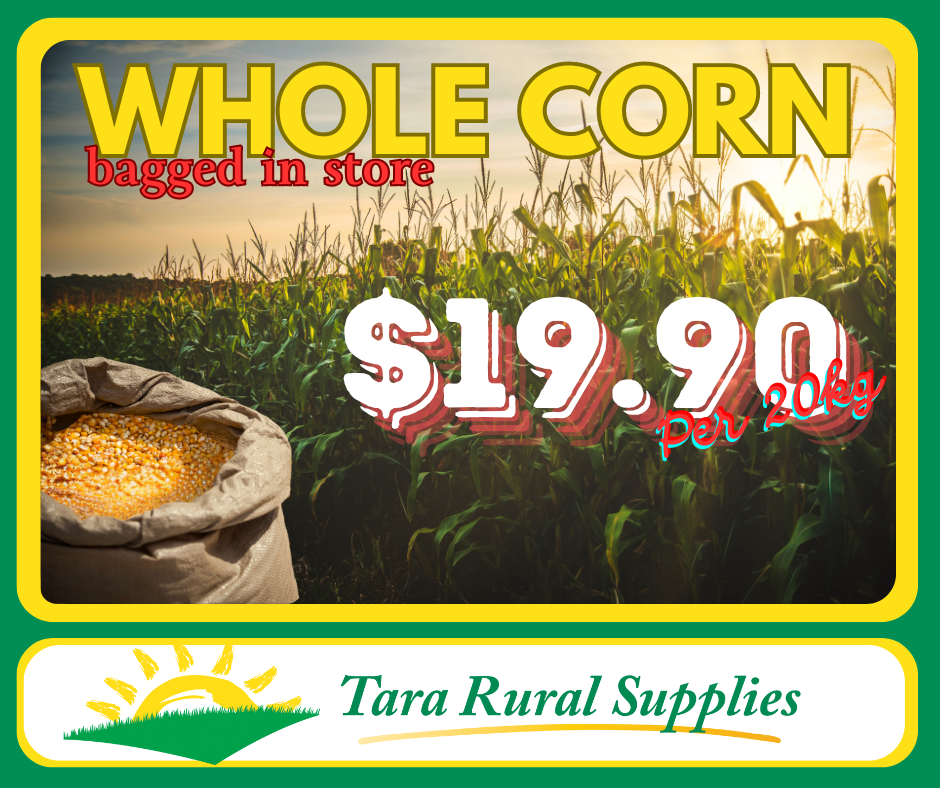

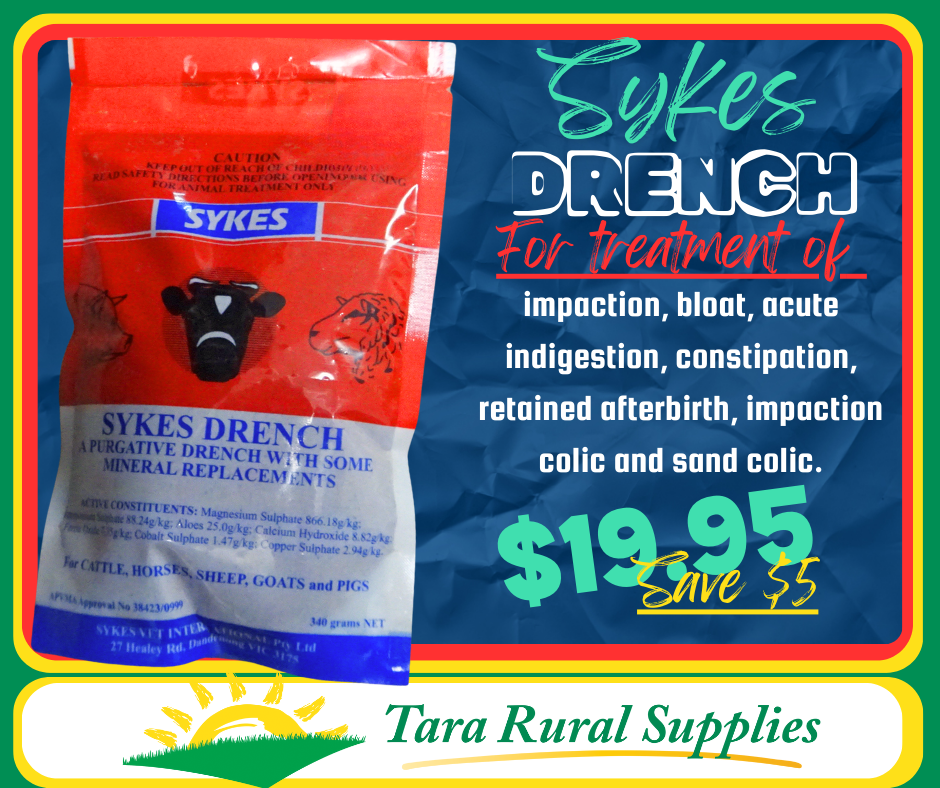



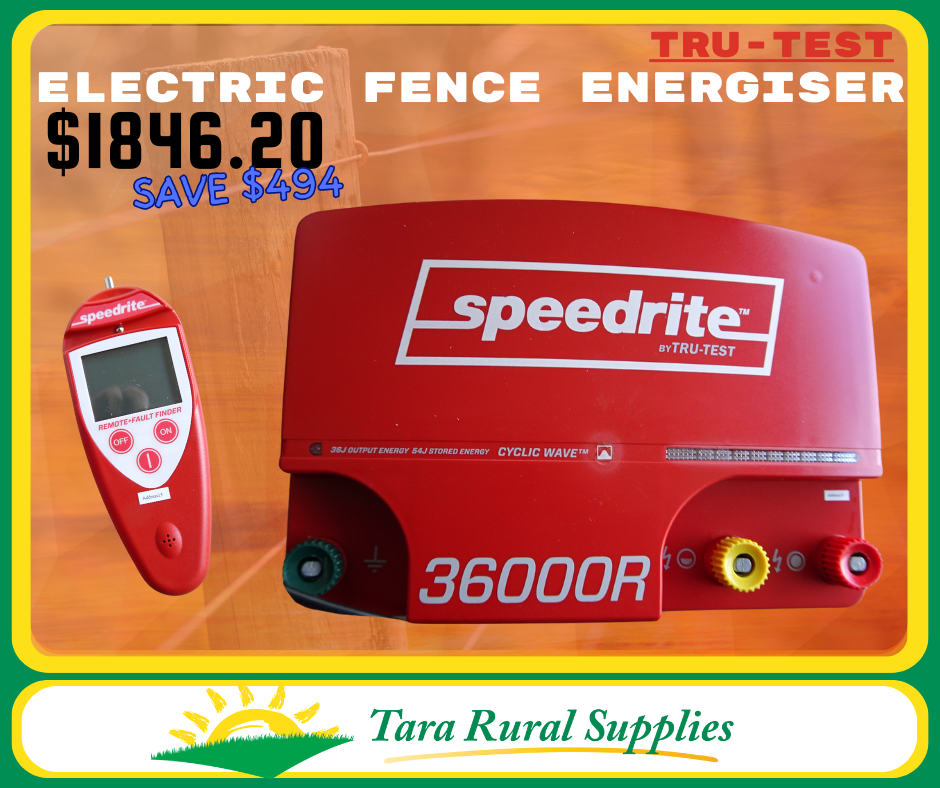



Comments